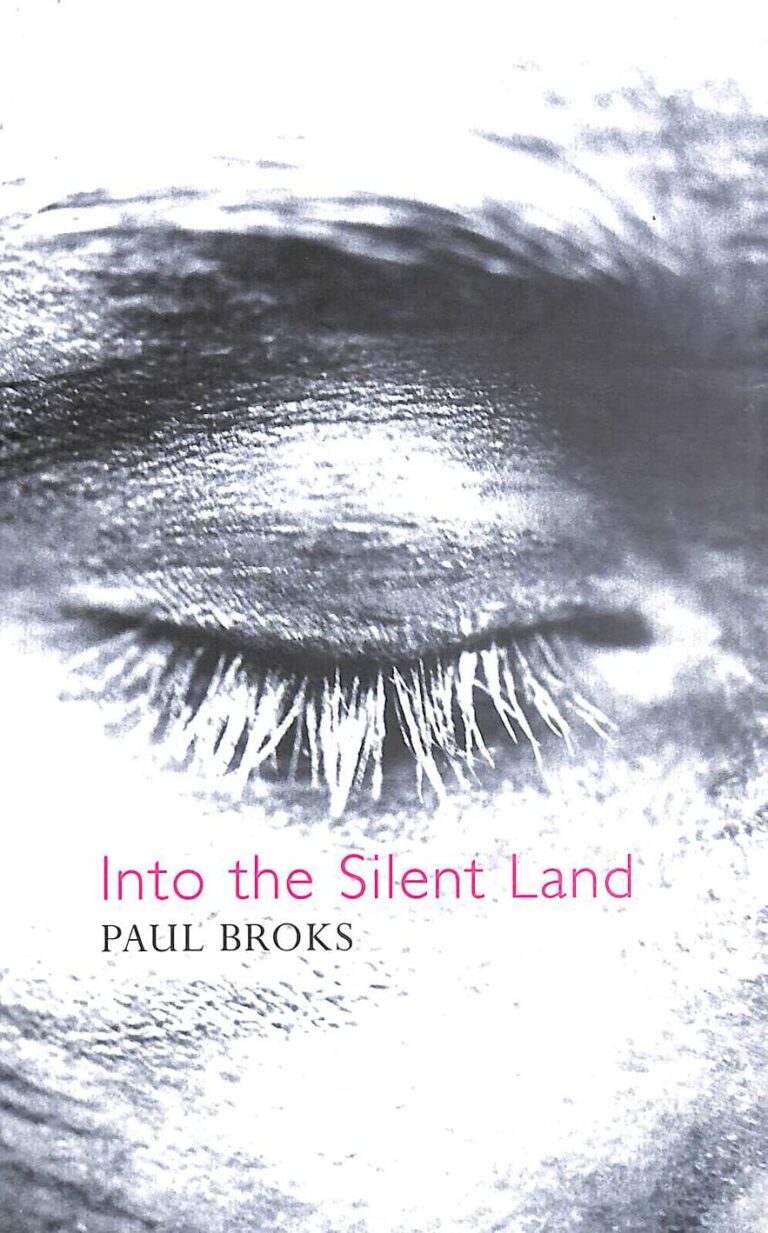Paul Broks takes his book’s title from a well-known poem by Christina Rossetti, a staple of memorial services:
Remember me when I am gone away,
Gone far away into the silent land
There ‘the silent land’ is death; here the author uses the phrase to refer to the human brain. As a neuropsychologist, he is concerned with the workings of the brain and how physical irregularities in it can affect our personalities and emotional behaviour. Yet the association with the Rossetti poem remains a little macabre. Might it even be a red herring? Well, no, because the major question that is discussed in this short, sharp collection of case studies and ruminations is whether or not the human animal has a soul.
When in the course of his work the author finds himself confronted by the grey, ‘silent’, spongiform matter of the brain – the cerebellum, thalamus, basal ganglia, etc – it is hard for him to escape the suspicion that there is nothing there, that what has been revealed for his inspection is, as it were, no more than meat. There seems to be a growing consensus among bien-pensants that the self is an illusion and the personality no less so. They deny what is the cornerstone of our value system. Into the Silent Land is an admirably clear consideration of this convoluted question.
Honesty is perhaps the book’s most admirable quality. Not only does Broks confess when he is not sure, he also concedes that he sometimes thinks one thing, sometimes another, and that he is bound by prejudice: as for any human, it is very difficult (perhaps even impossible) for him to relinquish his belief in himself as a coherent, singular personality. As he says at one point in an imagined dialogue, ‘Don’t tell me that consciousness simply doesn’t exist in the material universe . . . because, from where I stand, it does.’ This is a neuropsychologist who tells it like it is – or rather one who, as well as telling it like it is, is prepared also to devote some space to telling it like it feels.
At times I wished that the writing had been simplified a little. It’s easy to be intimidated by the vocabulary, as when, for example, a brain haemorrhage is referred to as ‘a ruptured anterior communicating artery aneurysm’. But on the whole Broks is good at sugaring the pill of his technical discussions. His references to literature – Kundera and Stevenson, as well as Rossetti – reassure one that this is not merely the dissertation of a coldly scientific mind. There is a running joke about the bizarre things Broks finds himself saying to his wife, as a consequence of his various professional experiences. A consideration of automatism (an occasional feature of epilepsy, whereby you act out daily tasks, but without any consciousness that you are doing them, and with no memory afterwards that they have been done) prompts him to tell her he’s a zombie. At another point he announces his intention to have his penis tattooed. What’s the inscription to be? ‘Wolverhampton Wanderers’. His wife suggests that ‘Wolves’ might be more realistic.
There is, it must be admitted, a certain ghoulish fascination to be found in some of the more bizarre neurological conditions: the man who tells his wife blankly he doesn’t love her, the amputee who feels an itch in his absent foot, the woman convinced she is dead. The scientific labels are dry (‘anosognia’, the subject’s unawareness of his or her own Illness; ‘motor dysexecutive syndrome’, the inability to take the decision to move) but do not disguise the rich pageantry of these pathologies. Those who are worried by the morality of this inclusion of case studies should remember that the best technical writing has always employed colourful tricks to lure in the lay reader. The tradition goes back to Plato, whose Dialogues tend to open with some pleasant narrative passage before developing into a purely philosophical investigation.
Which brings us back to Broks’s honesty, another quality that makes his writing easier to read. As a general rule, the occasional admission of ignorance or uncertainty adds credibility to assertions. At one point the author confesses, ‘My area of supposed expertise, neuropsychology, is the subject about which I feel the most profound ignorance.’ As to the question of how consciousness arises from the purely physical components of the brain, it seems that no one really knows. One of the abiding impressions one gets from reading Paul Broks is how little, even today, the neurological system is understood. An alternative title for this well-written and engaging book, to borrow a phrase from another poet, might have been ‘The Undiscovered Country’.

